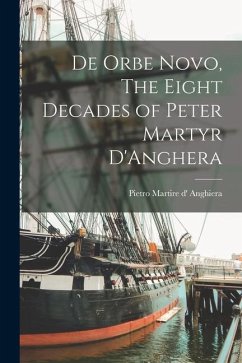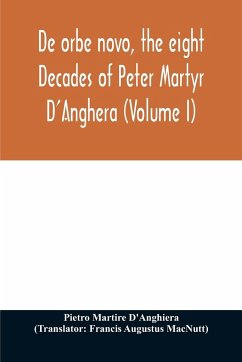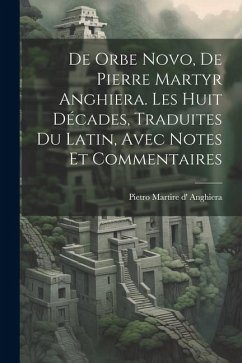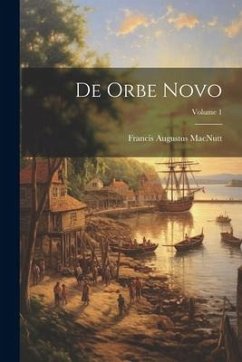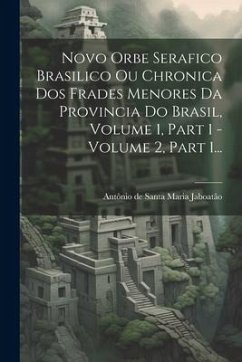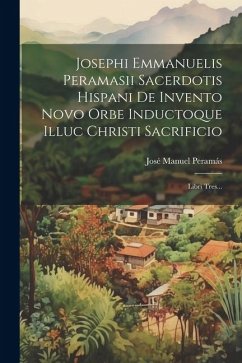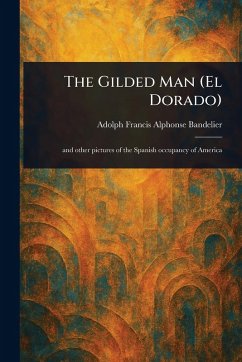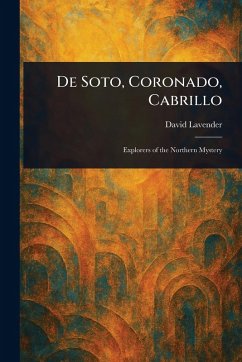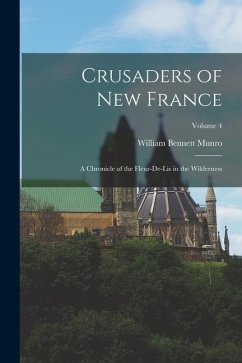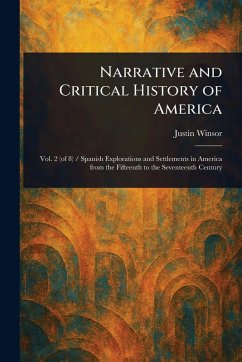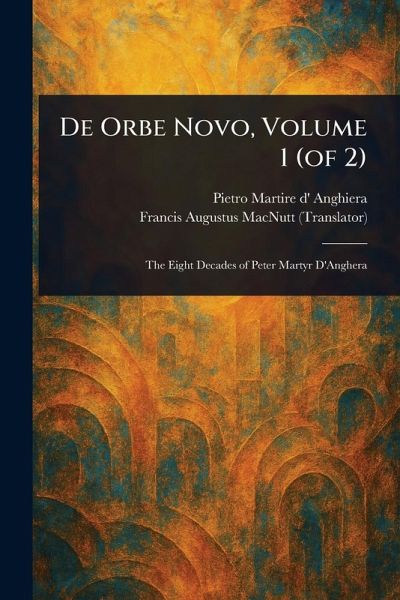
De Orbe Novo, Volume 1 (of 2)

PAYBACK Punkte
11 °P sammeln!
Venture into the heart of early America with "De Orbe Novo," a foundational text for understanding the exploration and early colonial history of the New World. This first volume of two presents "The Eight Decades" of Peter Martyr D'Anghera, offering a remarkable 16th-century perspective on the lands that would become America. Compiled from various sources, this collection provides invaluable early accounts reaching back to 1600, detailing expeditions and discoveries across Latin America and the nascent United States. "De Orbe Novo" is a crucial resource for anyone interested in the colonial pe...
Venture into the heart of early America with "De Orbe Novo," a foundational text for understanding the exploration and early colonial history of the New World. This first volume of two presents "The Eight Decades" of Peter Martyr D'Anghera, offering a remarkable 16th-century perspective on the lands that would become America. Compiled from various sources, this collection provides invaluable early accounts reaching back to 1600, detailing expeditions and discoveries across Latin America and the nascent United States. "De Orbe Novo" is a crucial resource for anyone interested in the colonial period and the initial European encounters with the Americas. A window into the past, this historical work reveals the hopes, ambitions, and realities of a world being reshaped. Discover the origins of a nation through the eyes of those who witnessed its birth. This work has been selected by scholars as being culturally important, and is part of the knowledge base of civilization as we know it. This work is in the public domain in the United States of America, and possibly other nations. Within the United States, you may freely copy and distribute this work, as no entity (individual or corporate) has a copyright on the body of the work. Scholars believe, and we concur, that this work is important enough to be preserved, reproduced, and made generally available to the public. We appreciate your support of the preservation process, and thank you for being an important part of keeping this knowledge alive and relevant.





